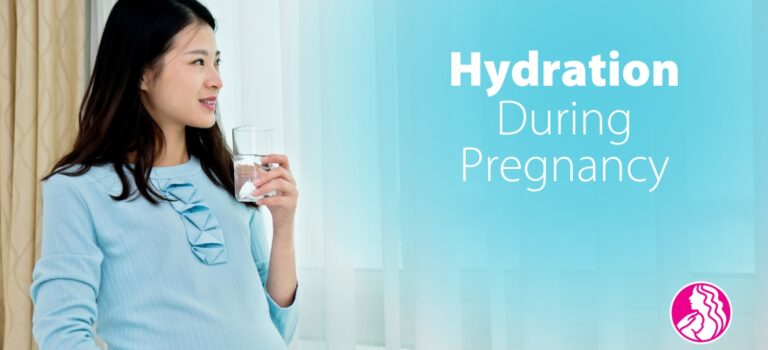Summer is here and the only waves crashing in Louisiana are heat waves. The steep increase in excessive heat warnings this June marks the beginning of a hot and dangerous season for pregnant women. Staying cool in the summer heat becomes more difficult when expecting.
Pregnant women are more likely to suffer from heat-related illnesses, such as dehydration, heat stroke, and heat exhaustion than non-pregnant women. Extremely hot conditions can elevate a pregnant woman’s internal body temperature, which in some cases has been linked to birth defects and pregnancy complications. Stay cool, hydrated, and informed when expecting with these tips and tricks:
Stay Cool
- Wear lightweight and loose-fitting clothing.
- Stay in air-conditioned environments when possible.
- Limit outdoor activities or schedule around the coolest hours of the day.
- Wear sunscreen.
Stay Hydrated
- It is recommended to take in 60-80 ounces of water per day, drinking 8-16 of those ounces shortly after waking.
- Avoid sodas, sugary drinks, and fruit juices as they can increase the risk of dehydration.
- Hot and heavy meals add heat to the body. Replace with foods that are high in water such as lettuce, grapes, melon, citrus, cucumbers, etc.
- Observing urine color is a great way to assess hydration. Urine should have a light color that resembles lemonade rather than apple juice.
Stay Informed and Connected
- Be aware of excessive heat warnings in your area. Local news and weather applications are good resources for heat alerts and safety updates.
- Check your local area for heat relief shelters.
- Have conversations with your physician for personalized heat-safety recommendations.
- Know how to spot heat-related illnesses.
Learn the Symptoms and Signs of Heat-Related Illnesses
Knowing what to look for and what to do can make a huge difference in keeping pregnant women safe and cool during excessive heat conditions.
- Look out for high body temperatures. Core temperatures above 100℉ are considered high.
- Nausea, loss of consciousness, headache, confusion, dizziness, and a fast, strong pulse all point towards heat stroke.
Heat stroke is a medical emergency; Call 911 if signs of heat stroke are present. Do not drink water, apply cold cloths, and move to a cooler place while waiting for medics.
- Heavy sweating, weakness, dizziness, headaches, fainting, clammy skin, muscle cramps, and a fast, weak pulse are signs of heat exhaustion. Sip water, apply cold cloths, and seek medical attention if symptoms last longer than one hour or vomiting occurs.
- Heat cramps are intense muscle spasms caused by dehydration, exercise, and electrolyte loss. Drink water, stop physical activity, and replenish electrolytes. Seek medical attention if cramps persist.
Excessive heat and pregnancy are not an ideal combination. For more information on how to stay cool while pregnant during the summer months, consult with your OB/GYN provider or visit the CDC website or CDC video. To find a provider visit womans.org/physician-directory.

